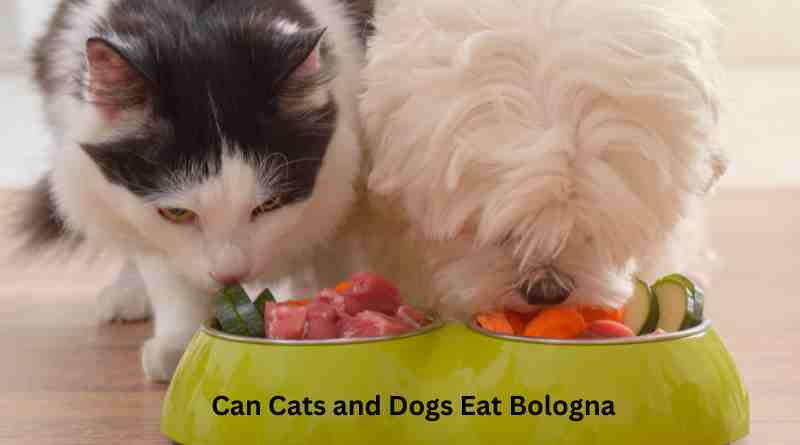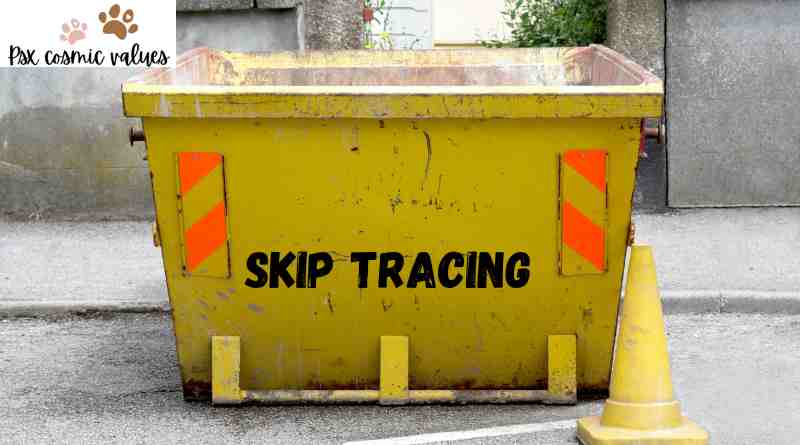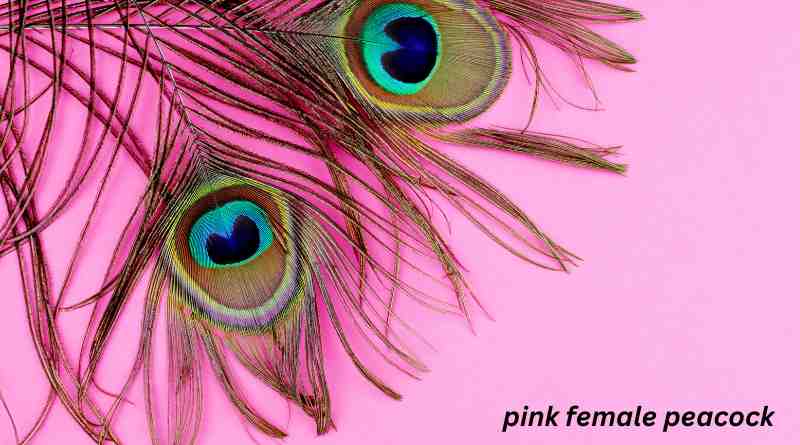Introduction
As pet owners, we often treat our furry friends like members of our family, sharing our meals and snacks with them. This article delves into the nutritional implications, potential health risks, and safe feeding practices regarding can cats and dogs eat bologna? One common question that arises is whether it is safe to share foods that are staples in our own diets, such as bologna. Bologna, a type of processed meat, is a popular sandwich filler for many, but its suitability for cats and dogs warrants a closer examination.
Understanding Bologna: Composition and Nutritional Value
Bologna is a processed meat product made primarily from pork, beef, or a mixture of the two, along with various seasonings and preservatives. It’s important to understand its nutritional composition to assess its impact on pet health. Typically, bologna is high in fat and sodium while providing a moderate amount of protein. The processing of bologna often involves additives like sodium nitrate, which helps preserve color and prevent spoilage, but can be problematic for pet health.
The Canine Perspective: Is Bologna Safe for Dogs?
Nutritional Suitability
For dogs, moderate protein intake is essential, but the high fat and sodium content in bologna is a red flag. Dogs require balanced diets just like humans do, and the excessive fat in processed meats can lead to obesity and related health issues, such as diabetes and joint problems. Moreover, the high sodium content can lead to increased blood pressure and contribute to heart disease.
Potential Health Risks
Besides the obvious nutritional imbalances, bologna can pose other significant health risks to dogs. The presence of garlic or onion powder in some bologna recipes can be toxic to dogs, leading to potentially life-threatening conditions like anemia. Additionally, the fat content can cause pancreatitis, a serious condition that occurs when the pancreas becomes inflamed and dysfunctional due to excessive fat intake.
Safe Feeding Practices
If you choose to feed your dog bologna, it should only be in very small quantities and as an occasional treat, not a regular part of their diet. Always ensure that the bologna does not contain any onion or garlic powder and try to opt for low-fat and low-sodium varieties when possible.
The Feline Factor: Can Cats Safely Eat Bologna?
Nutritional Needs of Cats
Cats are obligate carnivores, which means their diet should be predominantly meat. However, the type of meat they consume is crucial. The processed nature of bologna and its seasoning content make it less than ideal for feline health. Like dogs, cats also do not need the added sodium and fats found in bologna, and these can be just as harmful to their health.
Health Implications for Cats
The high salt content in bologna can lead to similar health issues in cats as it does in dogs, including increased risk of hypertension and cardiovascular problems. Cats are particularly sensitive to dietary changes and do not metabolize some of the fats present in processed meats well, which can lead to gastrointestinal upset and obesity.
Recommendations for Feeding Cats Bologna
It is generally advisable to avoid feeding cats bologna. If you do decide to give your cat a taste, it should be a very small amount and infrequent to avoid health complications. Additionally, ensuring the bologna is free from harmful additives and spices is crucial.
Alternatives to Bologna for Pets
Considering the potential health risks associated with feeding bologna to pets, it’s worth exploring healthier alternatives. For dogs, better options might include lean cuts of unseasoned cooked meats like chicken or turkey. For cats, sticking to meats that more closely mimic their natural diet, such as plain cooked fish or poultry, is advisable.
Conclusion
In conclusion, while it might be tempting to share your bologna sandwich with your pets, the health risks and nutritional imbalances it can cause are significant. Cats and dogs have distinct dietary needs that do not align well with the high fat and sodium content of processed meats like bologna. Opting for healthier, less processed alternatives not only ensures your pets stay safe but also contributes to their overall well-being. As always, when introducing new foods to your pet’s diet, it’s best to consult with a veterinarian to ensure their dietary needs are met without compromising their health.
Read also: check










Leave a Reply